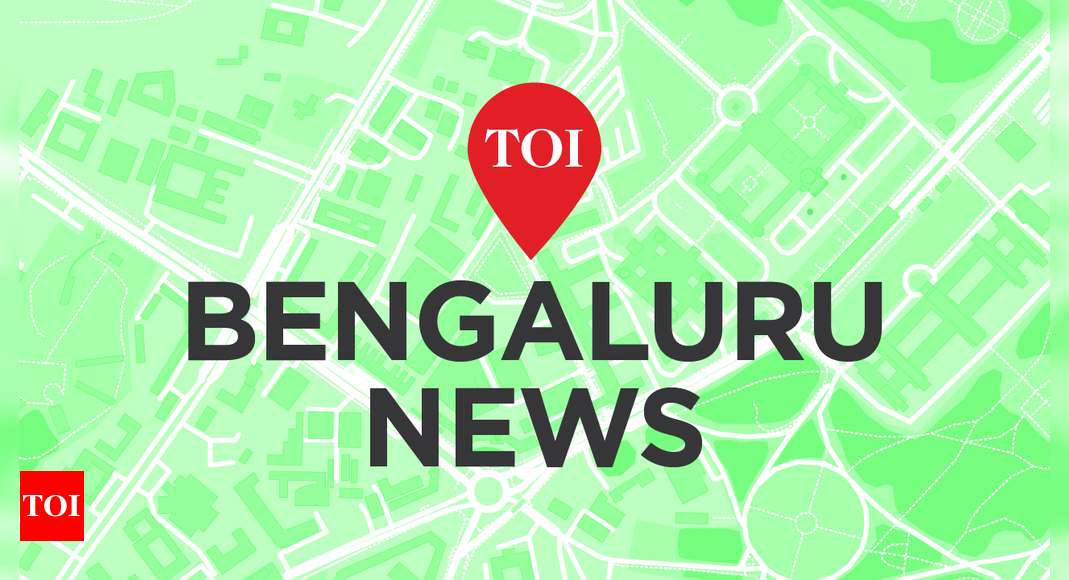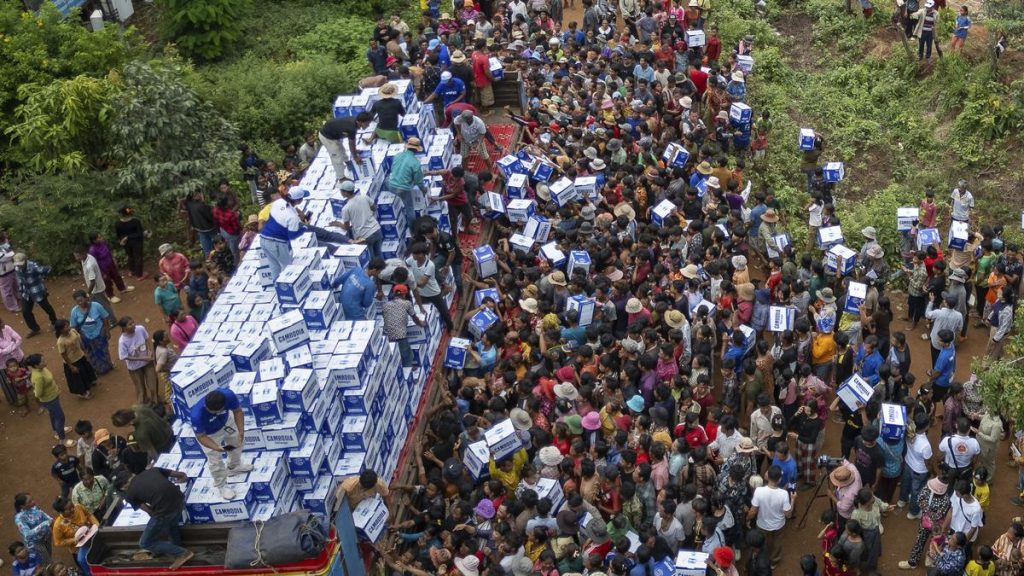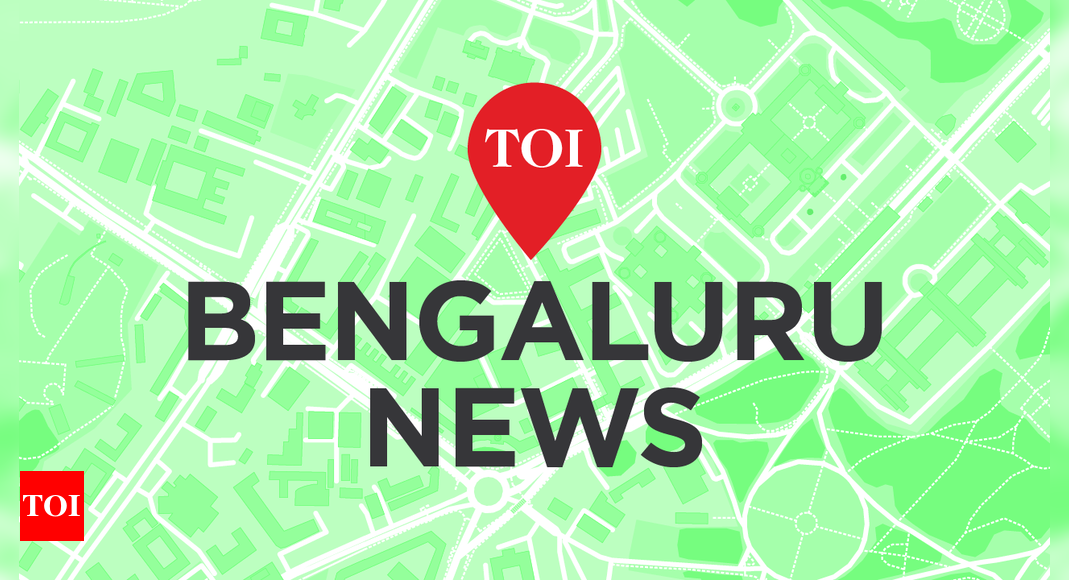Now Reading: Food Poisoning Claims Second Victim as Another Boy Dies
-
01
Food Poisoning Claims Second Victim as Another Boy Dies
Food Poisoning Claims Second Victim as Another Boy Dies

Speedy Summary
- The death toll from the Malavalli food poisoning incident has risen to two, following the death of a 12-year-old boy on monday night due to multi-organ failure.
- The deceased, a Class VI student named Nemi banti from Meghalaya, succumbed after being hospitalized on Sunday.Earlier, another 13-year-old boy had died from food poisoning.
- Mandya District Health Officer (DHO) Dr. mohan Kumar reported that 51 students fell ill; 11 are receiving treatment at Malavalli taluk hospital and 40 at Mandya Institute of Medical Sciences hospital.
- Food suspected to have been distributed during Holi celebrations is believed to be the cause of contamination; lab reports are expected in ten days.
- The district health department has dispatched officials to Mysuru hospitals for monitoring additional cases and symptoms.An inquiry into the incident continues.
- Meghalaya Chief minister Conrad Sangma expressed condolences and announced Rs 3 lakh ex-gratia for the families as well as financial support for medical expenses.
- Karnataka Child Rights Commission Chairperson Naganna Gowda will visit affected schools in mandya on wednesday for further inquiry.
Indian Opinion Analysis
This tragic incident highlights gaps in food safety regulation and monitoring processes that need urgent attention across India, notably during public celebrations like Holi where large-scale food distribution occurs without stringent checks on hygiene standards or sourcing practices. While prompt medical support seems commendable with authorities swiftly providing treatment and logistic assistance, incidents like these underline systemic inefficiencies with accountability under question until lab results provide clarity.
The proactive engagement by both state authorities in Karnataka and Meghalaya’s government reflects cooperation beyond borders-a crucial element when crises impact individuals far from their native regions due to migratory education patterns within India.
As inquiries unfold over contaminated food sources alongside measures initiated by health departments and child protection bodies, ensuring robust enforcement mechanisms might emerge as an imperative national takeaway after this unfortunate event-serving as a pressing reminder about preventive vigilance over reactive response measures regarding public health concerns moving forward toward long-term strategies safeguarding vulnerable groups like schoolchildren amidst celebratory traditions nationwide
























